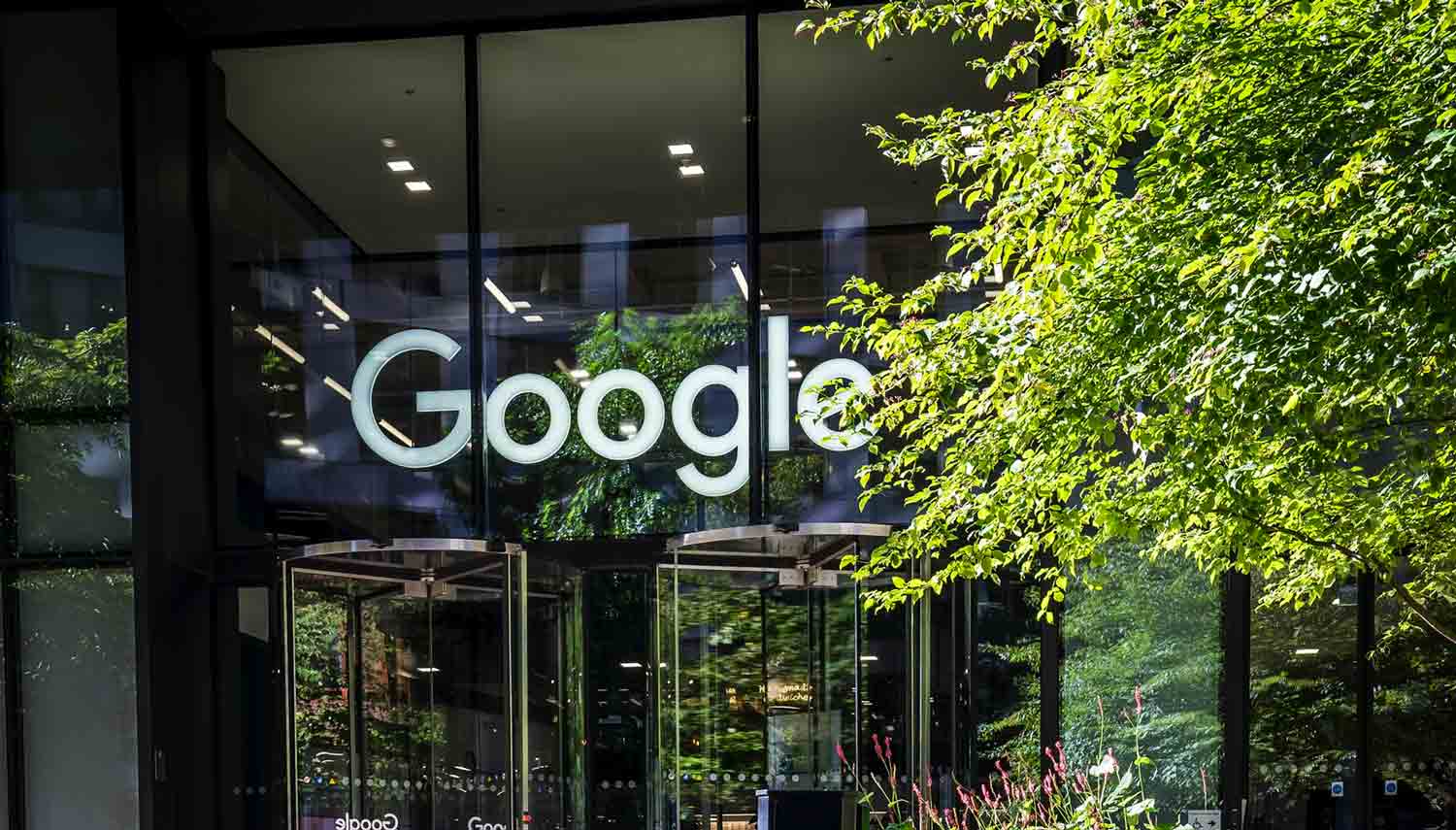

Introduction
If you’re looking to increase your website’s traffic and drive more organic clicks, search engine optimization (SEO) can be a powerful tool. SEO involves optimizing your website to rank higher in search engine results pages (SERPs), which can drive more traffic to your website, generating more leads and sales. While SEO may take some time, it can be an effective long-term strategy when done right.
In this article, we’ll cover the fundamental of SEO and how you can use it to your advantage in driving website traffic. We will talk about keyword research, content optimization, link building, technical SEO, and more. By the end of this article, you’ll have the insights needed to increase website traffic through SEO.
What is SEO?
SEO is a process that involves optimizing your website to rank higher in SERPs and drive more organic traffic to your website. SEO comprises many practical techniques such as keyword research, content optimization, link building, and more.
When executed correctly, SEO can increase your website’s organic visibility and attract more potential visitors, which can improve your brand’s reputation, boost leads, and ultimately, boost sales.
Why is SEO Important?
SEO is crucial because it can increase the likelihood of your website ranking higher in SERPs, which can attract more organic traffic to your site. It also helps you build trust and credibility with your audience, which leads to more conversions. Lastly, SEO is a vital tool for keeping up with the competition as it provides a level playing field for businesses of all sizes.
Keyword Research
Keyword research is a vital part of SEO that targets the identification of relevant keywords related to your website and its content. When performing keyword research, you should seek out keywords that are relevant and have a high search volume. You should also aim to find long-tail keywords, which tend to be more specific and have lower competition.
Once you’ve identified relevant keywords, use them in your content to improve your website’s ranking in SERPs.
Content Optimization
Content optimization aims to make your website’s content more SEO-friendly. This process can involve creating and publishing content that targets specific keywords, crafting compelling titles and meta descriptions, and using both internal and external links to strengthen the overall SEO impact.
When optimizing your website’s content, prioritize readability and ensure your content is easy to understand.
Link Building
Link building seeks to create links from other websites to your website. In executing this phase of SEO, you should focus on getting high-quality, relevant links that have high domain authority.
You can gain traction by using guest posting or reaching out to other bloggers to request backlinks. The more links you get, the higher the chances of deriving organic website traffic.
Technical SEO
Technical SEO involves optimizing the technical aspect of your website to make it more SEO-friendly. This phase of SEO ensures your website speed, mobile-friendliness, security, structure, and can make web crawling more manageable for search engines.
Conclusion
In conclusion, SEO is a powerful tool that can boost your website’s traffic when used correctly. By optimizing your website for the right keywords, improving content, building links and executing technical SEO, you can attract more organic visitors, generate more leads, and drive more sales. With a little patience and dedication, SEO can be the key to long-term success for your website.
Related Posts




